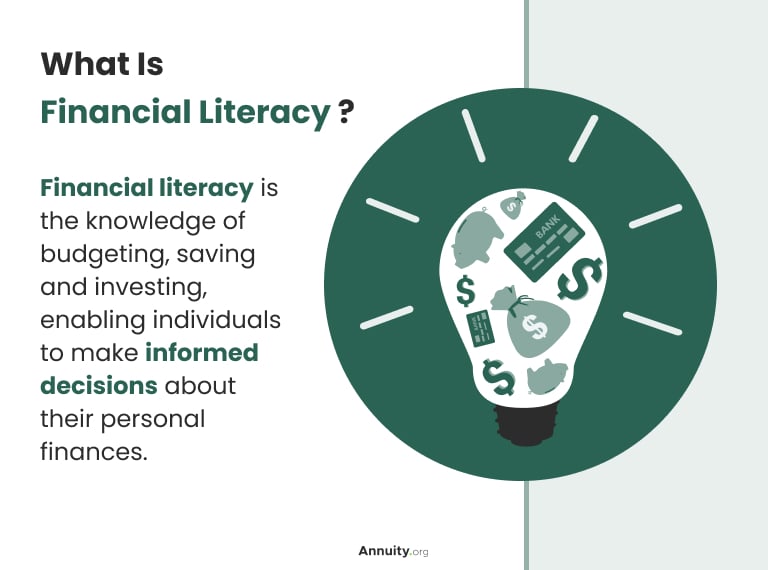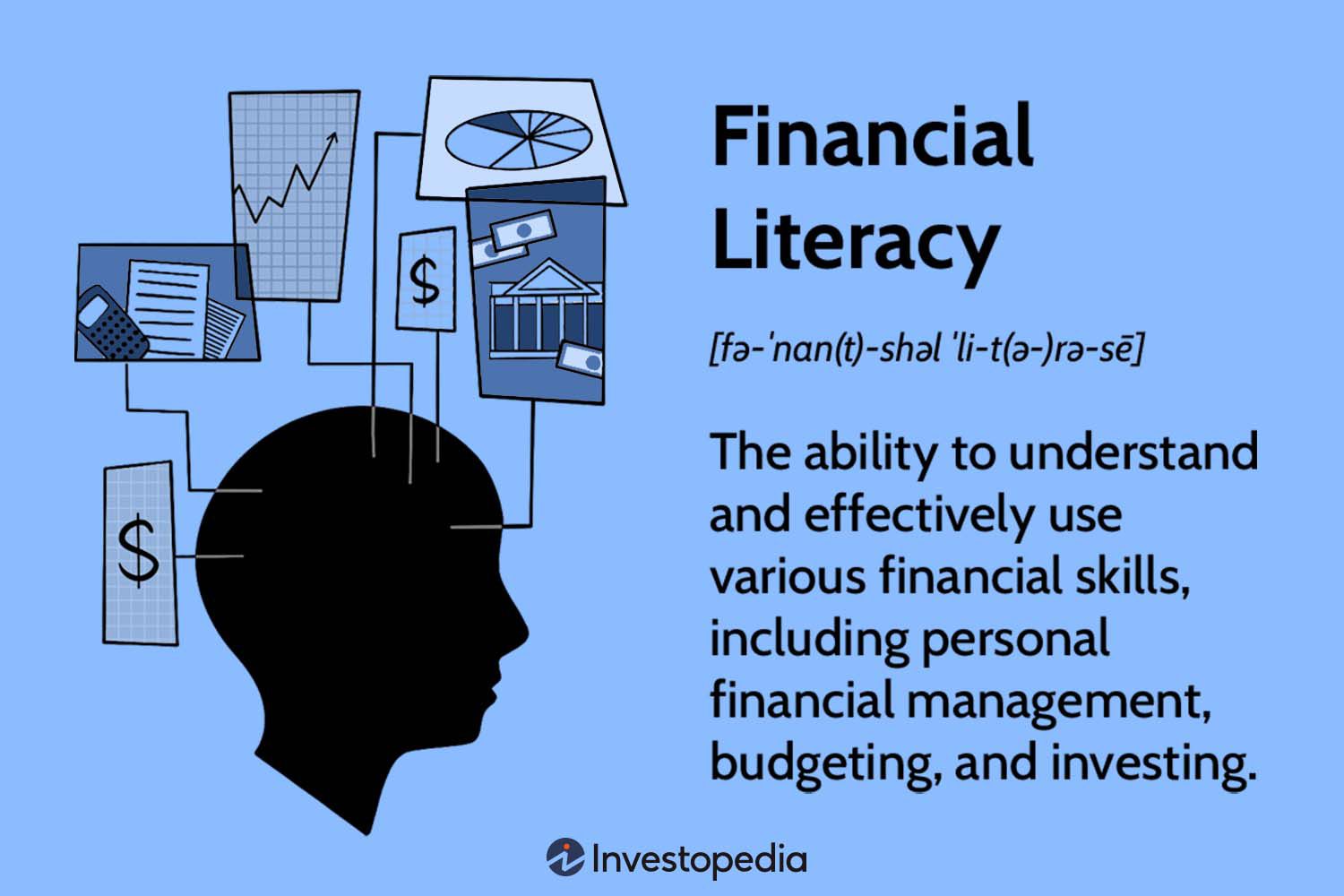Financial literacy plays a crucial role in our society, as it equips individuals with the knowledge and skills needed to make informed financial decisions. While there are various methods to promote financial literacy, one often overlooked approach is utilizing economic history. By examining past economic events and patterns, we can gain valuable insights that can enhance our understanding of financial concepts and ultimately improve our financial well-being.

Credit: www.annuity.org
Bringing Economics to Life
Studying economic history provides us with a real-life context to understand basic economic principles. By delving into significant economic events such as the Great Depression, the dot-com bubble, or the 2008 financial crisis, we can analyze the causes, consequences, and lessons learned from these events. This approach helps to make complex economic concepts more relatable and accessible. Through storytelling and visual aids, economic history engages and educates individuals, making it easier for them to navigate the sometimes daunting world of finance.
Recognizing Recurring Patterns
One of the key advantages of studying economic history is the ability to identify recurring patterns. Financial crises, for example, have happened throughout history, and although the specific circumstances may vary, the underlying causes often share similarities. Understanding these patterns helps individuals recognize and evaluate warning signs, reducing their vulnerability to financial pitfalls. Additionally, studying economic history can shed light on the long-term effects of economic policies and decisions, allowing individuals to make more informed choices about their personal finances.
Learning from Past Mistakes
Studying economic history provides valuable lessons from past mistakes. It allows us to analyze the consequences of poor financial decisions, such as speculative bubbles or excessive borrowing, and understand the impact they had on individuals and the economy as a whole. By exploring the downfall of businesses and financial institutions, individuals can gain insights into the importance of risk management, diversification, and prudent financial planning. Economic history serves as a cautionary tale, encouraging individuals to avoid repeating the same mistakes and make smarter financial decisions.

Credit: www.facebook.com
Applying Economic Principles
Examining economic history not only helps individuals understand past events but also enables them to apply economic principles to their own lives. By understanding how supply and demand, inflation, and interest rates have influenced historical events, individuals can make more informed decisions regarding their investments, borrowing, and spending habits. Economic history provides a foundation for analyzing market trends, identifying opportunities, and mitigating risks. This practical application of economic principles is essential for enhancing financial literacy.
Teaching Critical Thinking
Studying economic history encourages critical thinking skills. It prompts individuals to question why certain events occurred, what factors contributed to them, and how they were resolved. This analytical mindset is essential for navigating the complexities of the financial world. By exploring different economic theories and their outcomes throughout history, individuals can develop a well-rounded perspective and evaluate the effectiveness of various financial strategies. This critical thinking approach enables individuals to make rational financial decisions based on evidence and analysis.
Collaborating with Education Initiatives
The integration of economic history into financial literacy education initiatives is crucial. By incorporating case studies, interactive exercises, and real-life examples from economic history, educators can effectively engage learners and facilitate a deeper understanding of financial concepts. When presented in a relatable and understandable manner, economic history resonates with individuals of all ages, encouraging them to become active participants in their financial well-being.
The Way Forward
In conclusion, leveraging economic history as a tool to promote financial literacy offers numerous benefits. By bringing economics to life, identifying recurring patterns, learning from past mistakes, applying economic principles, teaching critical thinking, and collaborating with education initiatives, economic history can significantly enhance our understanding of financial concepts and empower individuals to make better financial decisions. Incorporating economic history into financial literacy programs will pave the way towards a more financially literate society, equipped with the knowledge and skills needed to thrive in the ever-changing economic landscape.
Frequently Asked Questions For How Can Economic History Be Used To Promote Financial Literacy?
How Can Economic History Help Promote Financial Literacy?
Economic history is a valuable tool that can enhance financial literacy by providing real-world examples and lessons about economic principles in action.
Why Is Understanding Economic History Important For Financial Literacy?
By studying economic history, individuals can gain insights into past financial events, understand trends, and develop a deeper understanding of how economic decisions impact financial outcomes.
How Does Economic History Contribute To Financial Education?
Economic history provides a framework for analyzing financial systems, understanding market dynamics, and making informed decisions in the present based on lessons learned from the past.
What Role Does Economic History Play In Improving Financial Knowledge?
Economic history helps individuals comprehend the consequences of financial decisions by examining historical events, identifying patterns, and learning from the successes and failures of the past.
Guest Author Sakhawat-Shuvo wrote and edited this Article based on his best knowledge and understanding. These opinions and remarks are not endorsed or guaranteed by epichistoria.com or EpicHistoria. The Epic Historia does not guarantee this article’s content. Readers should verify and use their judgment before trusting the content. Also, the Images used in this Article are the copyright of their Respective Owners. Please use our Comment Box or Contact Us form to report this content. This information is not accountable for losses, injuries, or damages.

